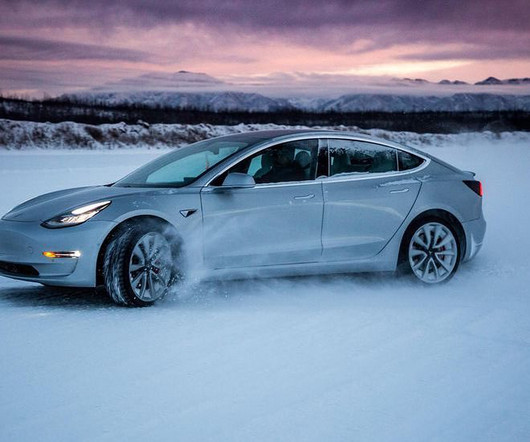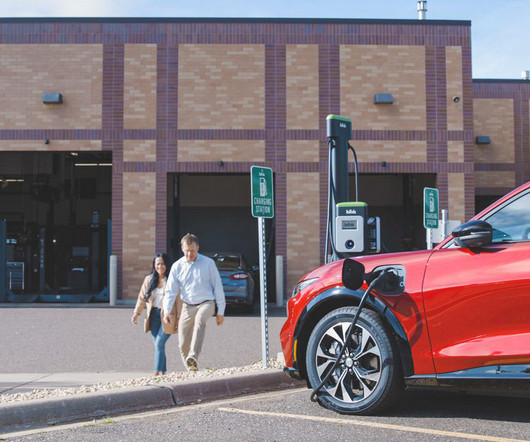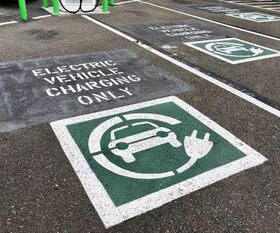Colorado approves goal to make 82% of car sales electric by 2032
Teslarati
OCTOBER 23, 2023
In the release, Colorado clarifies that it includes battery-electric, plug-in hybrid electric and fuel cell electric as what it refers to as zero-emission options. The state has also said that it’s aiming to get one million zero-emission vehicles on its roads by 2030, along with its plan to eliminate greenhouse gas pollution entirely by 2050.












Let's personalize your content